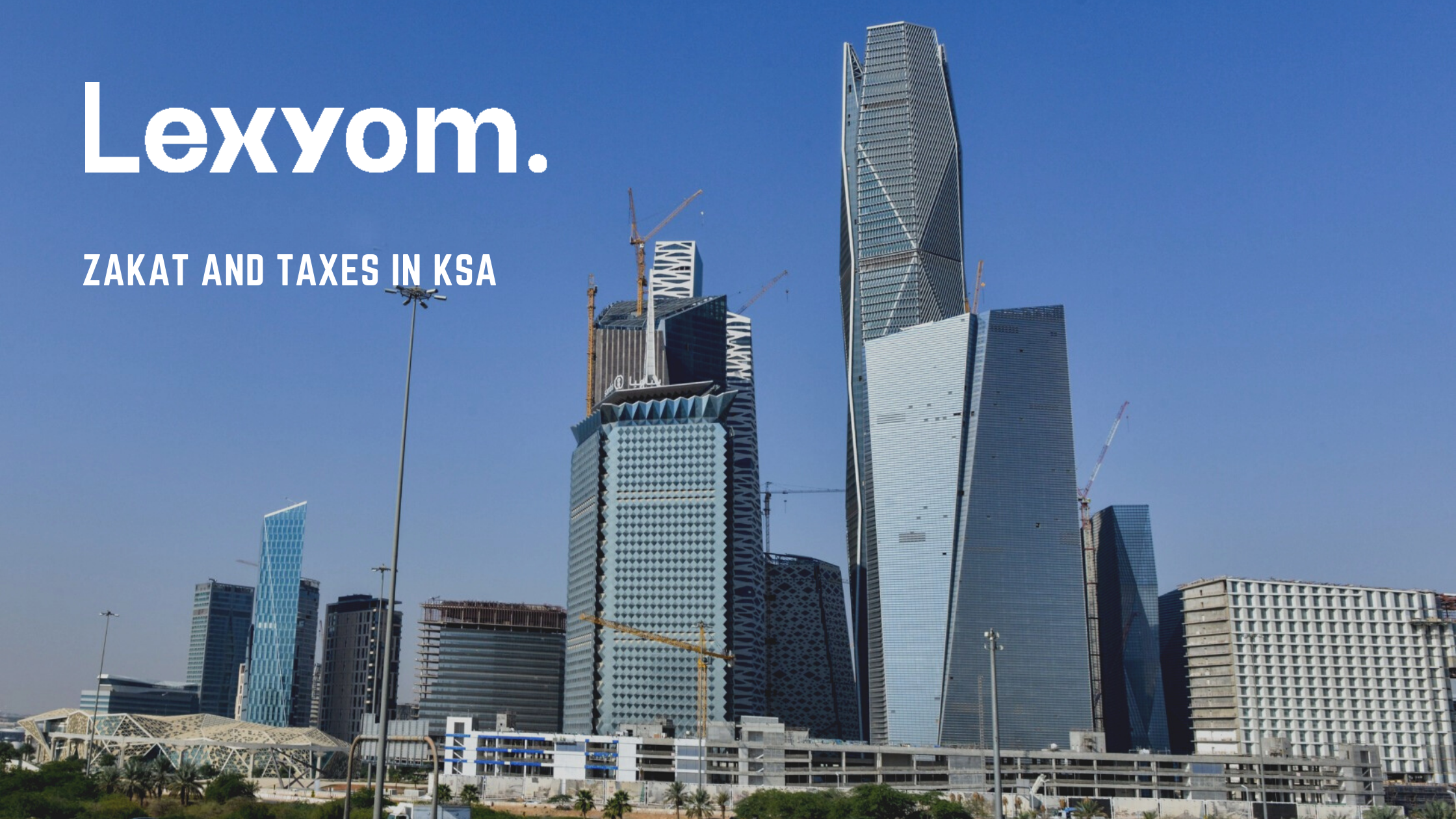Saudi Arabia (KSA) has decided to reduce its dependence on oil and concentrate more on public service sectors such as the health sector, infrastructure, recreation, and tourism with the “Saudi 2030 vision”.
Foreigners no longer have restrictions. They can now incorporate KSA companies and acquire 100% ownership after obtaining the required license from the Saudi Arabian General Investment Authority (SAGIA).
Since many foreigners are considering incorporating in KSA, it is essential to get acquainted with the tax structure imposed and applicable.
When talking about taxes and Value Added-Taxes (VAT) in KSA, it is crucial to mention that the government has announced that as of July 1, 2020, the VAT will be 15% instead of 5%.
Such an announcement made customers, consumers, and business owners worried because customers will now have to pay 10% more on VAT. Therefore, they will start thinking twice before buying any product, which will lead to a decrease in sales, and business owners will have to rethink their prices and business expenses.
There are mainly two types of taxes imposed on companies in KSA: Zakat and corporate income tax.
But what is Zakat?
Zakat is a type of religious tax levied on KSA nationals. Companies are subject to Zakat if the founders of such companies are KSA or GCC nationals (United Arab Emirates, Oman, Qatar, Kuwait, and Bahrain). In this case, the percentage levied on them is 2.5% for the respective Hijri year.
Since Zakat is a religious levy, foreign owners of a KSA company (not GCC nationals) do not pay Zakat. They will only be liable for the corporate income tax, which is a flat rate of 20% imposed on the company’s net profit.
Now let us discuss the scenario where one KSA company is owned by both KSA/GCC nationals and foreign persons.
What would happen in this case?
To keep things simple, think of it that way: separate the shareholders into two categories:
Category 1: KSA/GCC nationals: they will be liable for the Zakat, which is 2.5%.
Category 2: foreigners: they will be liable for the corporate income tax, 20%.
Who should pay taxes, and how much can sometimes be tricky? It is always important to stay updated on the latest rules and regulations because they have a massive effect on a person’s business and revenue, just like the latest change in the increase of VAT, which led to a lot of concerns and question marks.
Trying to assess the taxable regime imposed in foreign countries can be a challenging task. It may take a lot of a person’s time. For this reason, Lexyom is here to guide you through the process and ease things out.







